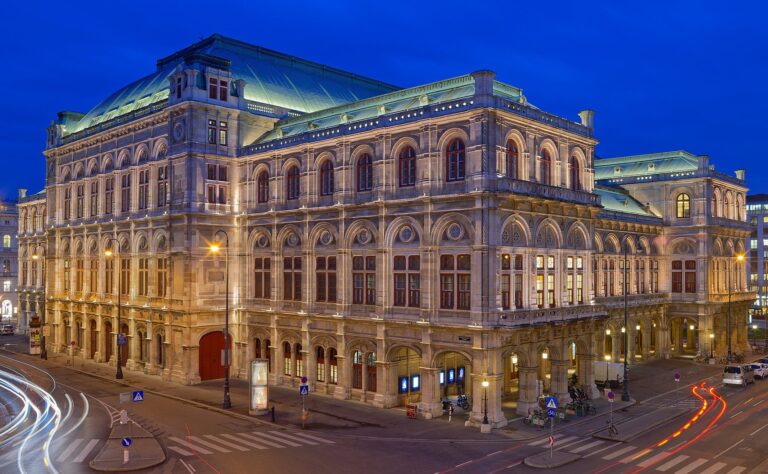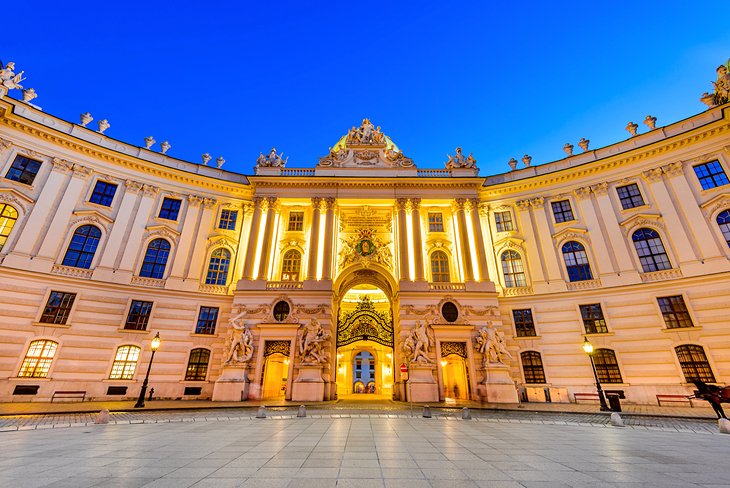General Information
Munich, or München, is the capital city of Bavaria, Germany, and one of the country’s most culturally rich and vibrant destinations. Known for its historic architecture, beer gardens, and world-class museums, Munich blends traditional German culture with modern innovation. The city has a reputation for its warm hospitality, diverse culinary scene, and rich history. Visitors flock here for the annual Oktoberfest, but it also offers much more—whether it’s exploring its art museums, visiting historic castles, or strolling through parks like the English Garden.
Location
Munich is located in southern Germany, nestled at the foot of the Alps, offering a stunning backdrop of mountain views. It’s situated on the banks of the Isar River, which winds through the city, adding to its picturesque charm. Munich is well-connected to other major cities in Germany and neighboring countries, including Austria and Switzerland. Nearby landmarks include the Neuschwanstein Castle, which is just a short drive away, and the Bavarian Alps for those looking to experience nature and hiking.
How to Get There
- By Air: Munich is served by the Munich Airport (München Flughafen), one of Europe’s busiest international airports. The airport is just 28 km from the city center, with numerous daily flights from cities around the globe. From the airport, you can take the S-Bahn (suburban train), which takes about 40 minutes to reach the city.
- By Train: Munich has excellent train connections, with the Munich Central Station (Hauptbahnhof) being a major hub in Europe. High-speed trains from cities like Berlin, Frankfurt, and Vienna make the city easily accessible by rail.
- By Bus: Long-distance buses also operate to and from Munich, providing affordable alternatives to trains and flights.
- By Car: Munich is easily reachable by car, located at the intersection of several major highways (Autobahnen), including the A9 (Berlin to Munich) and A8 (Munich to Stuttgart). However, parking in the city center can be challenging.
Best Time to Visit
- Spring (April to June): The weather is mild, with fewer tourists compared to summer. Perfect for exploring the city’s outdoor attractions like the English Garden.
- Summer (July to August): This is the peak tourist season, with warm temperatures, lots of outdoor events, and festivals, but expect larger crowds.
- Fall (September to October): Ideal for visitors who want to experience Oktoberfest in September. The fall foliage in nearby parks and the Alps also offers stunning views.
- Winter (November to March): Munich becomes a winter wonderland, with Christmas markets filling the streets. Though temperatures drop, the festive atmosphere makes it magical.
Where to Stay
- Luxury: The Bayerischer Hof offers classic elegance with luxurious rooms, fine dining, and a stunning rooftop terrace. Another high-end option is Hotel Vier Jahreszeiten Kempinski, known for its spa and central location.
- Mid-range: Motel One München-Sendlinger Tor is a stylish, budget-friendly choice, offering modern rooms and an excellent location. For a charming, historic stay, check out Hotel Torbräu.
- Budget: Wombat’s City Hostel and The 4You Hostel & Hotel Munich are both great options for budget-conscious travelers. They are centrally located and offer clean, comfortable accommodations.
- Unique: For a more memorable experience, consider staying at SchwabenQuellen, which offers a stay in a traditional Bavarian farmhouse with modern comforts.
Top Attractions
- Marienplatz: The heart of Munich, this central square is home to the iconic New Town Hall and the Glockenspiel, a famous clock tower show.
- Neuschwanstein Castle: A fairy-tale castle just outside the city, set in the Bavarian Alps.
- English Garden (Englischer Garten): One of the largest city parks in the world, perfect for a leisurely walk or a visit to one of its many beer gardens.
- BMW Museum: A must-see for car enthusiasts, showcasing the history and innovations of the renowned German automaker.
- Deutsches Museum: The world’s largest museum of science and technology, with fascinating exhibits that range from space exploration to the history of music.
- Residenz Palace: A stunning former royal palace with beautiful gardens and an extensive museum that traces the history of Bavarian kings.
- Olympic Park: Built for the 1972 Olympics, it now offers opportunities for outdoor activities, concerts, and panoramic views from the Olympic Tower.
- Nymphenburg Palace: A grand Baroque palace surrounded by expansive gardens, perfect for a day trip to explore the opulence of Bavarian royalty.
Getting Around
Munich offers an efficient and affordable public transportation system that includes:
- U-Bahn (subway): The city’s underground trains are fast and easy to navigate.
- S-Bahn (suburban train): Ideal for getting around the city and out to nearby towns.
- Trams and Buses: Munich’s trams and buses complement the train network, covering areas that are harder to reach.
- Bike Rentals: Munich is a bike-friendly city with plenty of rental options and bike lanes throughout the city. You can rent bikes for the day or week.
- Taxis & Ridesharing: While taxis are available, services like Uber also operate in the city.
Local Cuisine
Munich is famous for its hearty Bavarian cuisine. Must-try dishes include:
- Weißwurst (white sausages): Traditionally eaten with sweet mustard and freshly baked pretzels.
- Pretzels (Brezn): These soft, salty treats are available at almost every corner, especially in beer gardens.
- Schweinshaxe (roasted pork knuckle): A crispy, tender dish served with sauerkraut and potato dumplings.
- Apfelstrudel (apple strudel): A classic Bavarian dessert, perfect for finishing off a meal.
- Beer: Munich is the home of Löwenbräu, Augustiner, and Hofbräuhaus, and no visit would be complete without enjoying a beer at a local beer garden.
Famous restaurants include Hofbräuhaus, Augustiner Bräu, and SchwabenQuellen for an authentic Bavarian experience.
Shopping
- Kaufingerstraße: Munich’s main shopping street, lined with both international brands and local boutiques.
- Viktualienmarkt: A food market offering local products, including fresh produce, meats, and cheeses—ideal for food lovers.
- Maximilianstraße: A luxury shopping street for high-end fashion, jewelry, and art.
- Theresienwiese: If you visit during Oktoberfest, this is the place to buy traditional Bavarian clothing like dirndls and lederhosen.
Nightlife
Munich has a lively nightlife scene, with something for everyone:
- Beer Gardens: Enjoy a pint at iconic beer gardens such as Hofbräuhaus or Augustiner Keller.
- Bars: Munich’s SchwabenQuellen is a popular spot for cocktails, while The Atomic Café offers a cool, hip vibe.
- Clubs: For dancing, head to P1 Club, one of the city’s top nightclubs.
- Live Music: Munich has a thriving live music scene. Check out Backstage for concerts ranging from rock to electronic music.



